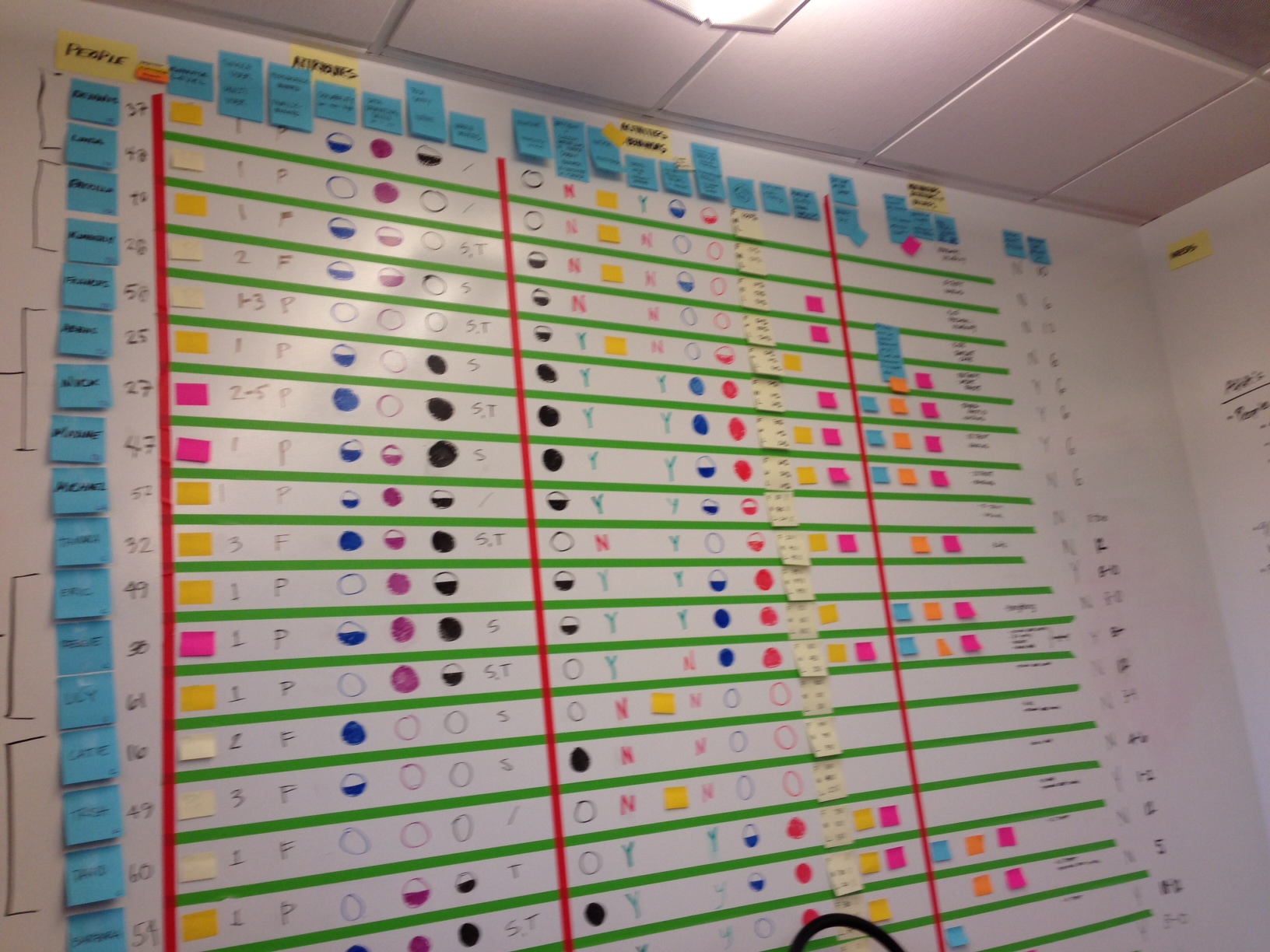Research Portfolio

Self-Driving Cars at Waymo
My work on self-driving car pickups and dropoffs was granted a patent.
At Waymo (formerly the Google self-driving car project), I led quantitative UX research in understanding and designing for current and future ways that people and self-driving cars interact with each other. My design insights directly inform areas such as ride experience, passenger happiness, and novel human-robot communication.

Screenomics: Capturing Individual Digital Life
My research at Stanford University investigated the fragmentation of digital life by studying how and when people multitask with media, with implications for consumer behavior, marketing, online shopping, advertising, and social network use. As computers and smart phones become dominant sources of a greater range of content, an entire day - "screenome" - can be experienced on a screen, from social interactions to work to errands and entertainment.
Selected publications:
- Screenomics: A Framework to Capture and Analyze Personal Life Experiences and the Ways that Technology Shapes Them
- The Fragmentation of Work, Entertainment, E-Mail, and News on a Personal Computer
- Multitasking on a single-device: Arousal and the frequency, anticipation, and prediction of switching between media content on a computer

VR and Behavior Change
At Stanford's Virtual Human Interaction Lab (VHIL), my research investigated the effects of interaction with virtual avatars on subsequent real world behavior. The effects of interacting with one's future self in order to visualize the future were shown to greatly increase the probability of accepting later monetary awards over immediate ones.
Selected publications:

Vine, Mozilla, and NASA
At Vine (acquired by Twitter), I established the user research team to understand the psychology of six second looping videos and their impact on digital culture.
At Mozilla, my research on Firefox focused on exploring the relationship between psychological factors of user behavior and browser usage patterns, such as multitasking. It culminated in a behavioral segmentation study of browser users, resulting in a user typology of attitudes, beliefs, and cognitions.
And at NASA, I prototyped a mixed human-robot controlled interface to be used by astronauts in operating the carbon dioxide removal system (CDRS) on the International Space Station.
Featured Publications
Using Large Language Models to Create AI Personas for Replication and Prediction of Media Effects: An Empirical Test of 133 Published Experimental Research Findings
Leo Yeykelis, Kaavya Pichai, James J. Cummings, Byron Reeves
Read full paperMultitasking on a single device: Arousal and the frequency, anticipation, and prediction of switching between media content on a computer
Leo Yeykelis, James J. Cummings, Byron Reeves
Read full paperIncreasing saving behavior through age-progressed renderings of the future self
Hal E Hershfield, Daniel G Goldstein, William F Sharpe, Jesse Fox, Leo Yeykelis, Laura L Carstensen, Jeremy N Bailenson
Read full paper